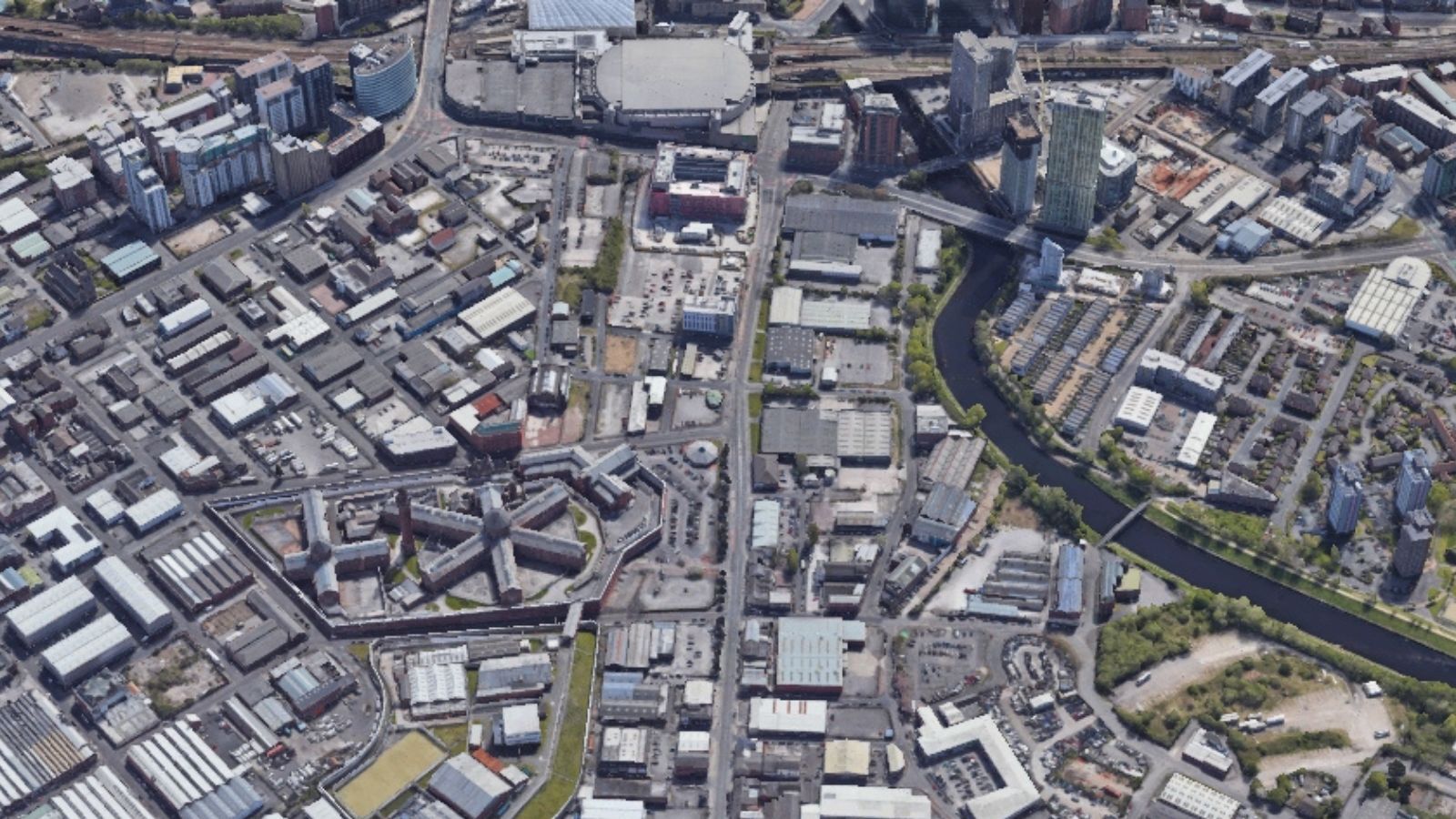Community-led regeneration: unlocking the potential of Greater Manchester’s city fringe
From Strangeways to Wythenshawe, a wave of regeneration is sweeping through Greater Manchester – and with it, a powerful sense of possibility. This transformation is being driven by close collaboration between the public and private sectors, and it offers a pivotal opportunity: to create places designed around people. The process is complex, but the reward is regeneration that uplifts not only local neighbourhoods, but the communities within them.
Greater Manchester is a diverse region made up of ten local authorities – two cities and eight boroughs – and attention naturally gravitates toward its urban core. But it’s in the outer neighbourhoods where most residents live, and where the region’s wider potential lies. These fringe areas are places of identity and ambition, and regeneration efforts must stretch beyond the centre to realise inclusive, long-term progress.

Ambition at scale: transforming Strangeways
In the north of the city region, an ambitious vision is coming to life across 320 acres in Strangeways, driven jointly by Manchester City Council and Salford City Council. The project is an impressive example of regeneration at scale – and its influence is set to reach far beyond the site itself.
At its heart is a commitment to low-carbon, sustainable growth that aligns with the area’s existing economic strengths. The plan supports current employment and unlocks new opportunities for housing and commercial space. Rather than starting anew, the project builds on what’s already working – from infrastructure and transport links to local enterprise – ensuring that regeneration is rooted in context and relevance.
This approach demonstrates how aligned planning and shared ambition can spark transformation with benefits across the wider city region, not just a single development zone.
Community first: Wythenshawe’s regeneration in action
Neighbourhoods on the periphery of Greater Manchester are often defined by affordability, space, and strong community bonds. Yet they have historically seen less investment than their city centre counterparts. That pattern is changing.
Wythenshawe is leading the charge. A bold regeneration strategy is reimagining its 1970s shopping centre and the surrounding area, with plans for new homes, retail, leisure and public spaces. The proposal includes up to 1,600 homes and a new civic square – a space not just to move through, but to gather, live, and connect.
At the centre of this £500m transformation, known as Wythenshawe Civic, is a former Co-op store that will be repurposed into a cultural hub with flexible studios and community facilities for exhibitions, classes and local events. It’s a people-first vision that puts pride back into place and offers residents a meaningful role in shaping the future.
Importantly, it builds on existing assets, reinvigorating underused spaces through inclusive and need-driven planning – not top-down directives. When communities are at the core of development, regeneration becomes more than physical change: it creates stronger, more resilient places to live and thrive.
A long-term vision for inclusive growth
Across Greater Manchester’s fringe, a unifying principle is taking shape: regeneration should serve those who live and work in these communities. The success of this next phase of development will depend on how well that principle is translated into action – from individual projects to a regional blueprint.
While the city centre has seen the lion’s share of investment in recent years, momentum is now shifting outwards. Policymakers, developers and local authorities increasingly recognise that the future of Greater Manchester depends on inclusive regeneration that spans its full geography.
This evolving approach offers a model for other regions: one where public-private partnerships, community-first planning, and long-term thinking come together to deliver meaningful, sustainable change. It’s about building more than infrastructure – it’s about restoring confidence, unlocking opportunity, and redefining what regeneration can achieve.
Written by Kim Grieveson, Principal, Avison Young UK
